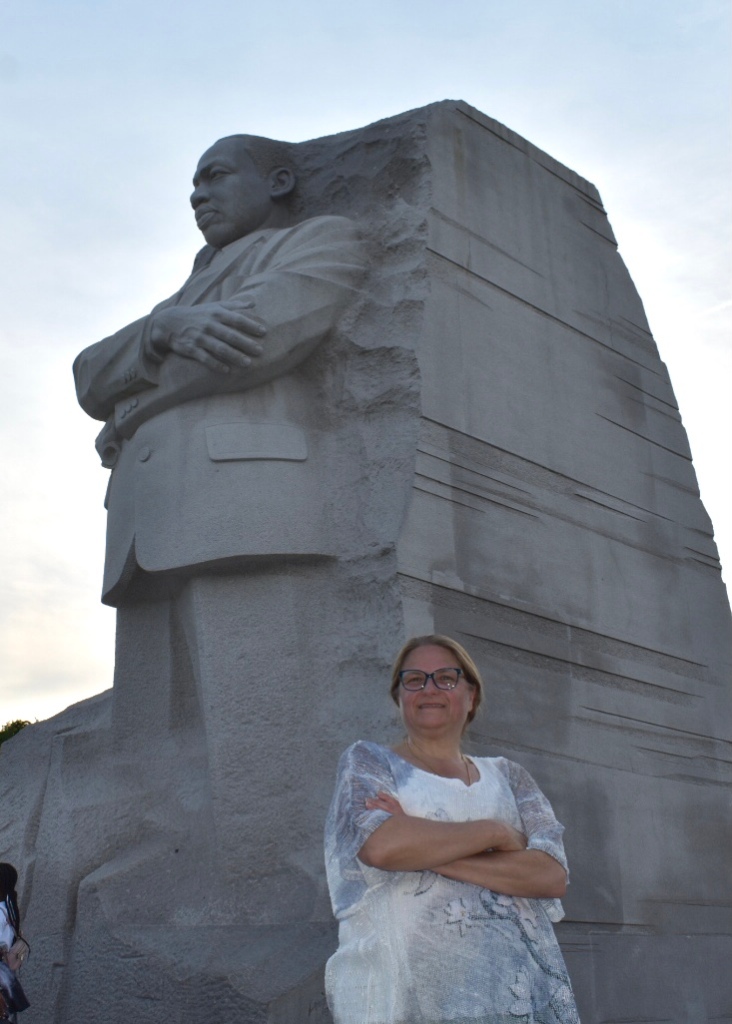
People’s nerves have worn thin. Parents are weary with worry. Job openings remain unfilled. Employees are working overtime to take care of increased needs and demands. They are burned out and are walking out on good jobs. We are all suffering from compassion fatigue.
I recently witnessed this as I undertook a long trip made longer by frayed ends and frazzled emotions. Carefully, I watched travelers and airline staff alike, all doing their best and losing their cool. We are under stress—high levels of expectations with new protocols and a river of fear running through it all. Leaders of all kinds have seen the worst end of ugly and received the angry brunt of a public who has lost all hope that their life can be restored to a time before the pandemic began.
Gun violence, economic distress, and hate crimes continue to traumatize the public. Clergy, principals, city council members, hospital administrators and health care workers, mental health providers, educators and government officials have dealt with incredible amounts of upheaval and logistical nightmares throughout these last two years. Racial inequities and violence, assaults on human rights, lost dignity among women, legislation against LGBTQIA+ folks, and waxing and waning welcomes for immigrants and refugees. All of this is fused with disease and death, hospital overloads and local business distress. These are only some of the many matters that face all who sit in the leader’s chair. Leaders need sabbatical rest in these pandemic times.
The good are worn out. The gracious have lost their grace. The faithful are losing faith. Decision fatigue has made us short tempered and less compassionate than we are committed to be. Many leaders are seeing high levels of anxiety among the populations they serve. People in the helping professions have heard and witnessed stories of unimaginable grief and trauma—even while we may or may not, have managed to keep safe our own bodies and those of our families. These kinds of experiences create secondary trauma and require time to process and heal. Rest and restoration are required now more than ever.
Psalm 116:7-10 comes to mind as a refrain for the weary: Return, O my soul, to your rest, for the Lord has dealt bountifully with you. For you have delivered my soul from death, my eyes from tears, my feet from stumbling. I walk before the LORD in the land of the living. I kept my faith, even when I said, “I am greatly afflicted.” We may have been delivered from death, and tears, and stumbling, but all of us could use some time to restore our souls.
I am blessed to be in a church and in a profession that makes allowances for sabbatical rest—time to be released from regular duties long enough to restore our soul. Not many professions make time such as this for their employees. Professors and clergy are among the lucky ones, if their institution supports it. Fortunately, this summer is my sabbatical. What if more organizations made this small investment in our cherished leaders? It could do us all a world of good if our community looked to our leaders and offered them some paid time off to regroup and restore their soul to a place of goodness and hopefulness. We need more people who have kept their faith in humanity and the Holy One to keep us grounded during difficult times like these. Rest for the soul benefits us all.

